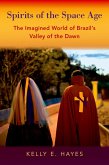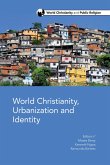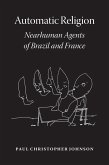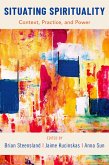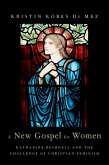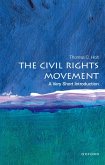How do Christians make relationships with land central to their faith? How have the realities of materiality, geography, and ecology shaped Christian territories of belonging and theologies of territory? What social-economic-political conditions surround exchanges between religion and nature?
This book explores how Christianity intersects with nature to create unique religious landscapes. Case studies range from the Mormon Trail across the USA completed by thousands every year, to the Catholic devotional cult of and shrine to St. Padre Pio of Pietrelcina. Contributors examine the entangled forms of agency between nature and culture that are at work as Christians produce, consume, experience, imagine, inhabit, manage, and struggle over formations of land.
Focusing on Christian engagements with land forms in the early 21st century, this book advances the spatial turn in the study of religion, contributes to the anthropology of religion and the study of global Christianities, as well as our understanding of the relationship between Christianity, space and place.
This book explores how Christianity intersects with nature to create unique religious landscapes. Case studies range from the Mormon Trail across the USA completed by thousands every year, to the Catholic devotional cult of and shrine to St. Padre Pio of Pietrelcina. Contributors examine the entangled forms of agency between nature and culture that are at work as Christians produce, consume, experience, imagine, inhabit, manage, and struggle over formations of land.
Focusing on Christian engagements with land forms in the early 21st century, this book advances the spatial turn in the study of religion, contributes to the anthropology of religion and the study of global Christianities, as well as our understanding of the relationship between Christianity, space and place.




